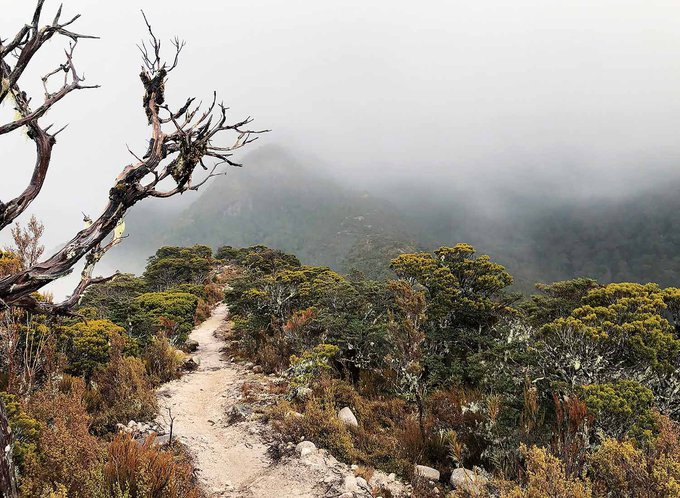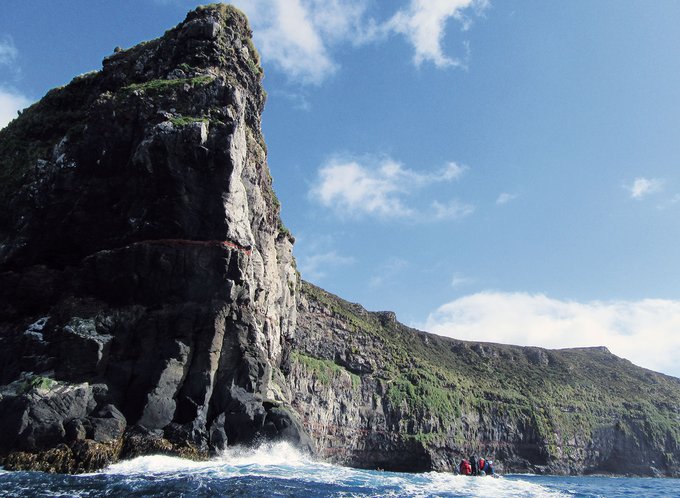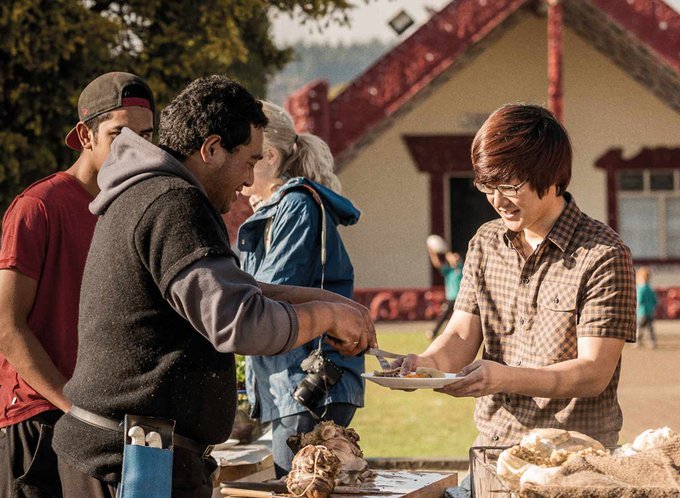Why catching COVID-19 on holiday wasn’t the disaster I’d feared.
By Paul Garrett
It started during dinner on the Greek island of Santorini. A tickle in my throat which quickly got worse as the evening progressed.
Yep, it happened. After years of successfully dodging COVID-19 back home, I headed off on a much-anticipated overseas trip only to catch the virus smack bang in the middle of it.
I had planned for the possibility. I was insured to the hilt. I had isolated at home for a week before departing. I packed half a pharmacy into my luggage just in case the worst happened.
Nevertheless, the pessimist in me kicked in immediately. I would simply have to cancel all my plans and cut my losses. But catching COVID in a foreign country is a fundamentally different prospect from having it at home, where the familiar rules do not necessarily apply.
I rechecked the insurance policy, which gave me ample cover for travel interruption and medical costs. My pessimism started giving way to a begrudging acceptance.
Next, I checked the rules for COVID-positive tourists in Greece. It was here my begrudging acceptance turned into pragmatic optimism.
I was surprised to learn the self-isolation period was only five days and entirely optional. I was even more surprised to learn that I could continue my travels as long as I was masked up. Coming from COVID-conscious New Zealand, this seemed incredibly laissez-faire – but with more tourism-reliant countries ditching hard and fast rules in favour of self-responsibility, the onus is clearly moving to the individual traveller to make the best decisions.
Fortunately, I had enough time booked at my accommodation to cover the isolation period and then some. Of course, I felt lousy and was unable to do any of the activities or sightseeing I had looked forward to.
But sitting on my balcony for a week was still a holiday, and I was away for long enough to recover and enjoy the rest of my time in Greece.
Looking back, the chances of catching COVID on this trip were always going to be decent. Maskless passengers were coughing and blowing their noses throughout the long-haul flight to Europe. It was much the same at every tourist hot spot I visited on arrival.
Does this mean international travel is riskier than ever in the time of COVID? Yes, it absolutely does. But with the right planning, COVID doesn’t necessarily need to spell an end to your valuable holiday time.

Take it slow
The best decision I made when planning the trip was to remain flexible and not move about too much. This gave me the ability to rest and recover properly, even though the official rules would have permitted me to keep travelling.
My next best decision was to take a longer holiday. A one-week getaway would have been problematic, as would an itinerary in which I was racing around and visiting different places every day or two.
It is also important to check the rules for tourists in any country you are planning to visit. While Greece and other Mediterranean countries are taking a more relaxed approach, others are maintaining stricter rules such as mandatory quarantine for COVID-positive tourists.
One of these countries is New Zealand. I am thinking about the return of international tourists this summer and wondering how they will navigate the rules if they start feeling unwell on a group bus tour or when hiking the Milford Track.
But by building in as much time and flexibility as you can into your holiday plans, catching COVID need not be the disaster that I was anticipating.
Know someone who might enjoy this?
Read this next
-
March 2021
Land, sea and myth: Revisiting Hawke's Bay
-
November 2021
The world on a plate
-
March 2022
Walking with a ghost
-
July 2022
A wild Subantarctic adventure
Good living
See all-
March 2021
In review
-
March 2021
Manaakitanga – more than just hospitality
-
March 2021
Land, sea and myth: Revisiting Hawke's Bay
-
July 2021
Breaking bread at Everybody Eats






